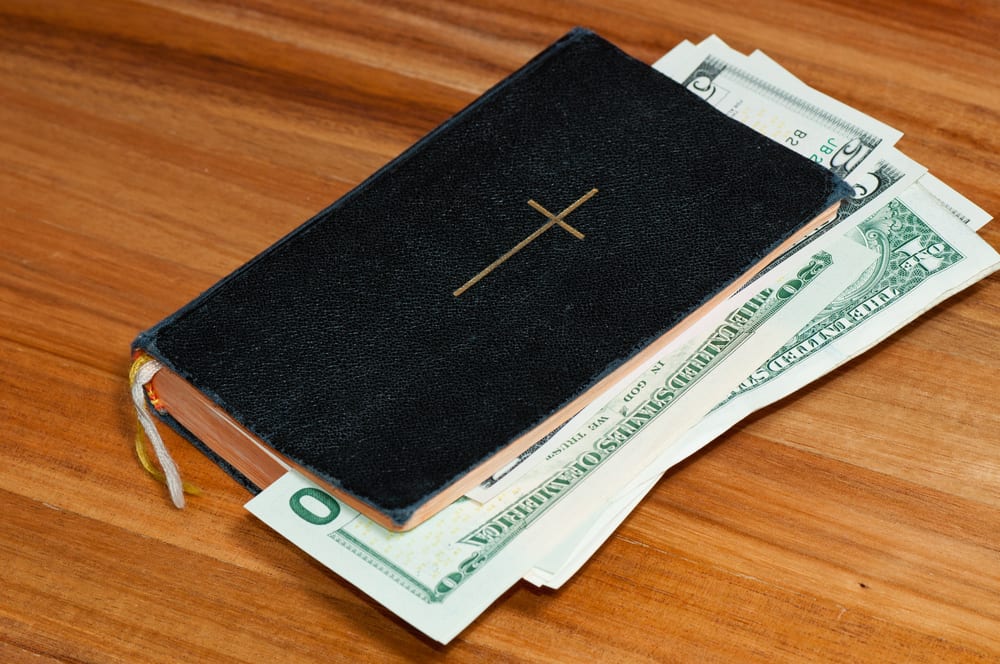Atheists Urge Supreme Court to Oppose Public Funding of Religious Schools [View all]
https://friendlyatheist.patheos.com/2019/11/19/atheists-urge-supreme-court-to-oppose-public-funding-of-religious-schools/

Atheists Urge Supreme Court to Oppose Public Funding of Religious Schools
By Hemant Mehta, November 19, 2019
On January 22, the Supreme Court will hear a case (Espinoza v. Montana Department of Revenue) that involves public money going to private religious schools. It could be yet another blow to the wall of separation between church and state.
This past week, a coalition of groups focused on church/state separation filed an amicus brief in support of an earlier decision that benefits everybody.
Here’s the relevant background: In 2015, the Montana legislature passed a bill giving a $150 income tax credit to residents who funded private school scholarships. If you gave the schools some money, the state would, in essence, reward you for it.
It sounded fine until you realized most of those private schools were religious. So the government was really just rewarding people for giving money to a religious school even if the law was theoretically secular.
The money itself wasn’t a huge deal. It was the principle that mattered. Article X, Section 6 of Montana’s constitution explicitly forbids public money funding religious schools… yet the law established a link between public money and religious schools.
The argument against this line of thinking was that a tax credit wasn’t really “public funds,” and the donations were ultimately helping students, not the religious schools.
Both defenses were weak. The government was effectively, albeit indirectly, subsidizing tuition at religious schools. Even if the scholarships were for students, the schools received a benefit from being able to offer those scholarships since they enticed more people to possibly go there.
The Montana Supreme Court thankfully saw through those pathetic arguments. In December, they voted 5-2 to strike down the 2015 law.
